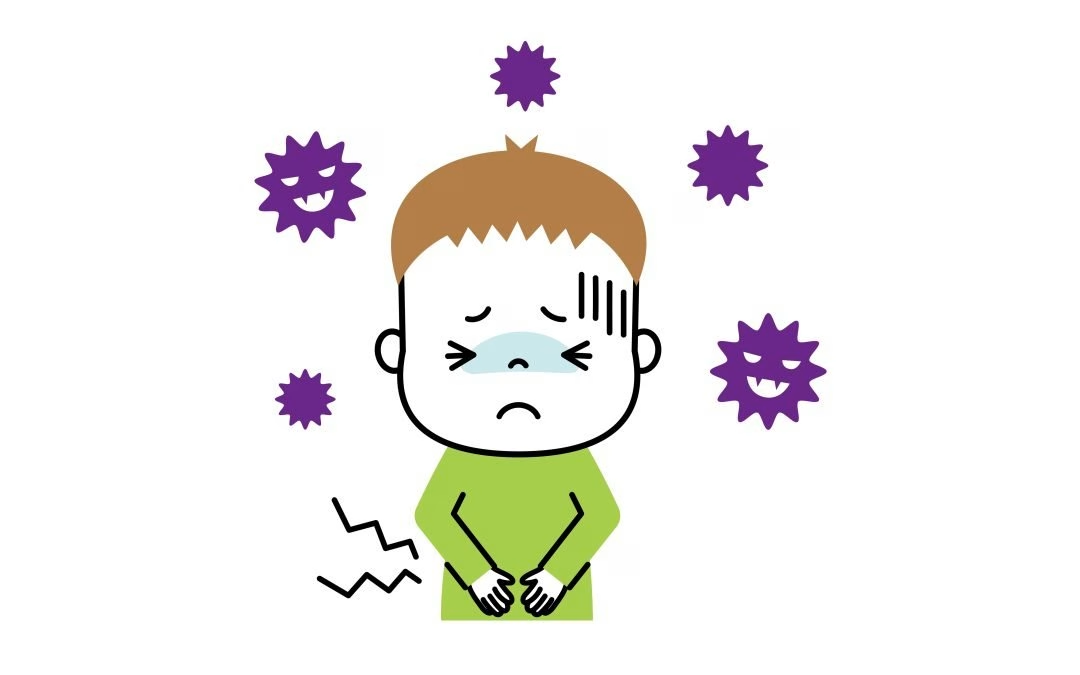Find The Location Nearest Covid-19 Testing
We think you’re located in zip code 37918. Not Right?
Tattoo Infection Treatment in Fountain City TN | AFC Urgent Care
Looking for treatment for your infected tattoo near Fountain City? AFC Urgent Care offers walk-in treatment for tattoo infections with no appointment required. We’re open 7 days a week with extended hours.
Contact us today to learn more about Tattoo Infection Treatment.While tattoos can be a great way to express yourself, it’s crucial to be aware of the potential risks and take the necessary precautions to protect your health. Before getting inked, you should understand the potential risk of infection. If you experience symptoms of an infection after getting a tattoo, visit AFC Urgent Care ASAP.
AFC Urgent Care does not offer tattoo removal services.
What causes a tattoo infection?
The process of getting a tattoo involves puncturing the skin to inject ink into the dermis, creating an open wound. As with any wound, there is a risk of infection, and several factors can contribute to this.
The most common cause of a tattoo infection is the use of unsterilized needles or equipment by the tattoo artist. This can introduce harmful bacteria into the wound, leading to an infection. In addition to this, the following factors can also contribute to the risk of infection:
- Failing to follow the tattoo artist’s aftercare instructions: Proper aftercare is essential to prevent infections. Ignoring or not following the instructions can lead to complications.
- Picking at the scabs: While scabbing is a natural part of the healing process, picking at the scabs can disrupt the healing process and introduce bacteria into the wound.
- Swimming or bathing in public pools or hot tubs: Exposure to water can increase the risk of infection, especially if the water is not properly chlorinated or maintained.
- Getting the tattoo in a dirty environment: The environment in which the tattoo is done is also crucial. If the area is dirty or poorly maintained, there is an increased risk of infection.
- Having a weakened immune system: Individuals with weakened immune systems are more susceptible to infections, including tattoo infections.
Tattoo Infection Symptoms
An infected tattoo can cause the skin around it to turn red, bumpy, or develop a rash. If you have sensitive skin, needle irritation is normal and usually goes away in a few days. But if the symptoms persist for more than a week, it’s time to get help.
Here are some common symptoms of an infected tattoo to look out for:
- Redness
- Swelling
- Pain/tender skin
- Itchiness
- Pus-like discharge
- Fever
If you experience any of these symptoms, don’t ignore them. They could indicate an infection that requires professional medical assistance.
Will a tattoo infection lead to a Staph infection?
While staph bacteria is a common cause of tattoo infections, other factors can also lead to infections. It’s important to note that untreated infections can escalate to staph infections, which can be life-threatening. At our clinic, our medical providers can assess your infection and provide the necessary treatment to prevent further complications.
Tattoo Infection Treatment
At AFC Urgent Care, our skilled providers promptly and effectively treat tattoo infections. We will diagnose the infection and offer various treatment options, including:
- Antibiotics
- Draining pus or fluid
- Thoroughly cleansing the wound
To prevent further infection or scarring, strictly follow the aftercare instructions given by your provider. Aftercare usually includes:
- Frequently cleaning the wound & leaving it completely dry
- Avoid scratching or picking at the tattooed area. Attempting to remove scabs or picking at the skin can slow down the healing process and increase the risk of infection.
Our providers prioritize patient education and will provide you with detailed instructions for aftercare. We will guide you through each step of the healing process to ensure a safe and speedy recovery.
Preventing Tattoo Infections
To prevent infections after getting a tattoo, you must follow proper aftercare instructions. Your tattoo artist will give you specific steps on how to care for your tattoo. To ensure your tattoo heals correctly, keep the area clean, dry and moisturized with an unscented lotion.
Submerging your tattoo in water, such as soaking in a pool, can increase the risk of infection. Direct sunlight can also slow down the healing process and cause fading, so it’s best to avoid exposing your tattoo to the sun for an extended period. Additionally, resist the urge to scratch or pick at your tattoo, as this can damage the skin and increase the risk of infection.
 How Can We Help?
How Can We Help?
- PATIENT SERVICES
- COVID-19 SERVICES
- TELECARE
- EMPLOYER RESOURCES
- PATIENT RESOURCES
- ABOUT US

Don't wait to get the medical attention you need.
CALL US TODAY | (865) 549-5111


